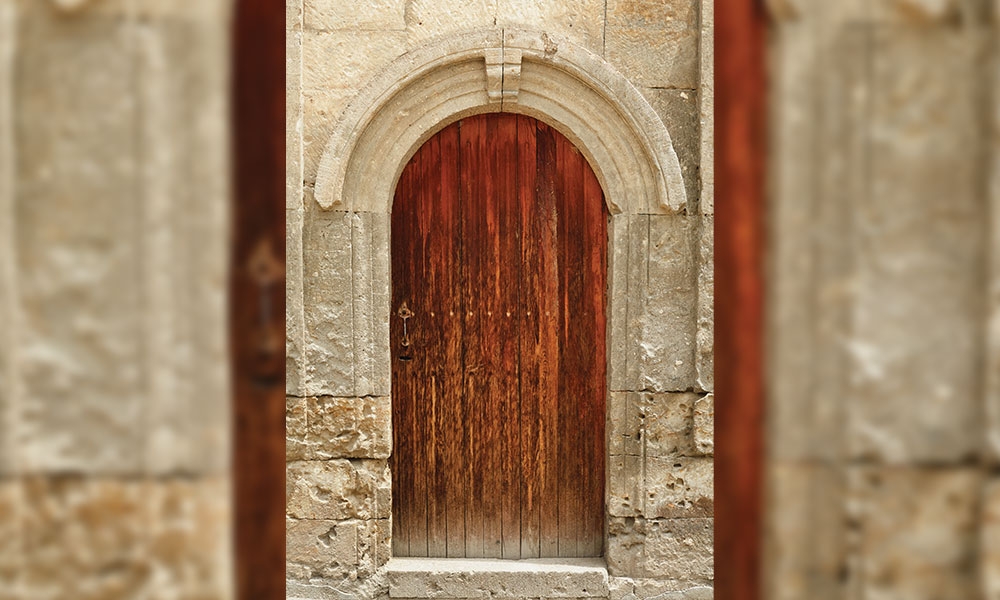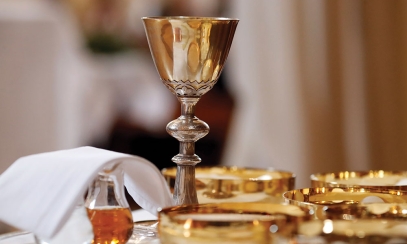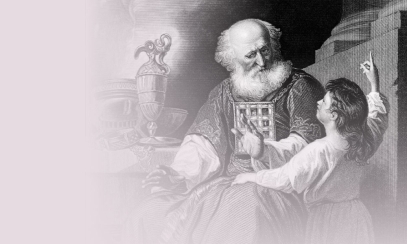
Staying on the narrow way
“Enter by the narrow gate; for the gate is wide and the way is easy that leads to destruction, and those who enter by it are many. For the gate is narrow and the way is hard that leads to life, and those who find it are few.” (Mt 7:13-14)
“Enter by the narrow gate; for the gate is wide and the way is easy that leads to destruction, and those who enter by it are many. For the gate is narrow and the way is hard that leads to life, and those who find it are few.” (Mt 7:13-14)
“And some one said to him, ‘Lord, will those who are saved be few?’ And he said to them, ‘Strive to enter by the narrow door; for many, I tell you, will seek to enter and will not be able.’” (Lk 13:23-24)
Isn’t it amazing how much the Father loves us? He not only sent Jesus to save us, but he also revealed to us the truth of our impending judgment. Jesus’ salvific mission could easily be ignored or minimized if we didn’t know and believe there are two paths – and both are possibilities. Jesus speaks of how few people are finding the narrow way not because he wants this to be the case, but so that those on the broad way will repent and those on the narrow way will invite others to join them. Christ’s grace is sufficient to overcome every temptation. By his Spirit, we are made holy, provided we say yes and cooperate with his power. Salvation history reveals the lengths to which God will go to see us be free, healed, purified, sanctified and ultimately perfected. So, while these passages may seem harsh, they must be received in faith as revealed by God, originating out of love and directed toward our good.
Once we believe in the broad and narrow paths, an obvious question emerges: “How do I stay on the narrow path?” I don’t have the space here for a full overview of what the Church has consistently taught regarding living a holy and redeemed life, but consider these words of Jesus from Matthew and John:
“Not everyone who says to me, ‘Lord, Lord,’ shall enter the kingdom of heaven, but the one who does the will of my Father who is in heaven.” (Mt 7:21)
“And this is eternal life, that they know you, the only true God, and Jesus Christ whom you have sent.” (Jn 17:3)
Two key considerations for our salvation are revealed in these verses: intimacy and obedience. When we encounter and walk with the living God, we experience his life, receive his perspective and begin to be transformed by his priorities and power. Through baptism, we become temples of the Holy Spirit. God comes and dwells in us. The highest expression of this intimacy comes through the Eucharist, as we feed on the body, blood, soul and divinity of Jesus Christ.
Additionally we experience healing and forgiveness by availing ourselves of the sacrament of reconciliation. Asking pardon for our faults and professing our intention to sin no more, we open ourselves to the forgiveness and healing Christ longs to bestow. Aware of our weakness, Jesus provides us with a simple path back to the “narrow way,” and beckons us to follow him home. Jesus combines intimacy and obedience when he describes abiding in him like a vine and its branches.
To enter heaven, we must obey God. This implies that we’ve heard his commands, acknowledged his authority and appropriately adjusted our behavior. Obedience can be a dirty word in today’s culture, but it’s celebrated in the kingdom of God. We obey not as mindless slaves but as beloved children who know their good Father and believe that one day they will hear these most wonderful words, “Well done my good and faithful servant … enter into the joy of your master!” (Mt 25:23)
This column is from Pete Burak’s booklet: “What Must I Do to Be Saved?” (renewalministries.net).
Pete Burak is the director of i.d.9:16, the young adult outreach of Renewal Ministries. He has a master’s degree in theology and is a frequent speaker on evangelization and discipleship.



